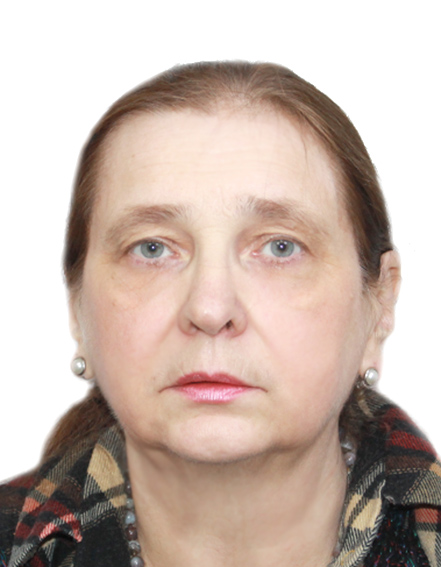During the First World War, due to changes in cultural and religious life, the spiritual lives of military personnel underwent significant changes as well. This was not an exception for situations in the garrisons of the Autonomous Grand Duchy of Finland and naval bases of the Baltic Fleet. The mental state of Russian troops stationed in these regions can be judged based on published sources and documents from the Russian and Finnish archives, which had not previously been introduced into scientific circles. Based on the materials from the collection “Russian Military Papers” from the National Archives of Finland, specifically letters from sailors, soldiers, and officers published in socialist newspapers in 1917, the transformations in Christian values were analyzed for the first time, causing a state of social unrest in the army and navy while also strengthening old psychological stereotypes. Changes in the worldviews of the rank-and-file, as the highest level of organization of the social system, manifested themselves in the form of religion and political ideologies, have been investigated. Their popular attitudes during the Russian Revolution of 1917, and the peculiarities of changing religiosity among servicemen during the crisis era, are considered in relation to the transformation of the political system due to the systemic crisis of the Russian state. Local material from the Russian troops stationed in Finland demonstrates how the degree of religiousness among the lower ranks changed following the February Revolution, and how they further were “de-churching”, as indications of military clergymen show. The letters allow us to trace how anti-clerical attitudes among servicemembers affected their relationships with clergy members and representatives of traditional society on vacation trips to their home country.
Key words: Russian Orthodox Church, Finland, Russian troops, World War I, revolution of 1917, popular moods, letters of servicemen
DOI: 10.22250/20728662_2024_1_26
About the author
 |
Elena Yu. Dubrovskaya – PhD (History), Senior Research Fellow of the Sector of History at the Institute of Language, Literature and History, Karelian Research Center RAS; 11 Pushkinskaya St., Petrozavodsk, 185910, Russia; This email address is being protected from spambots. You need JavaScript enabled to view it. |






